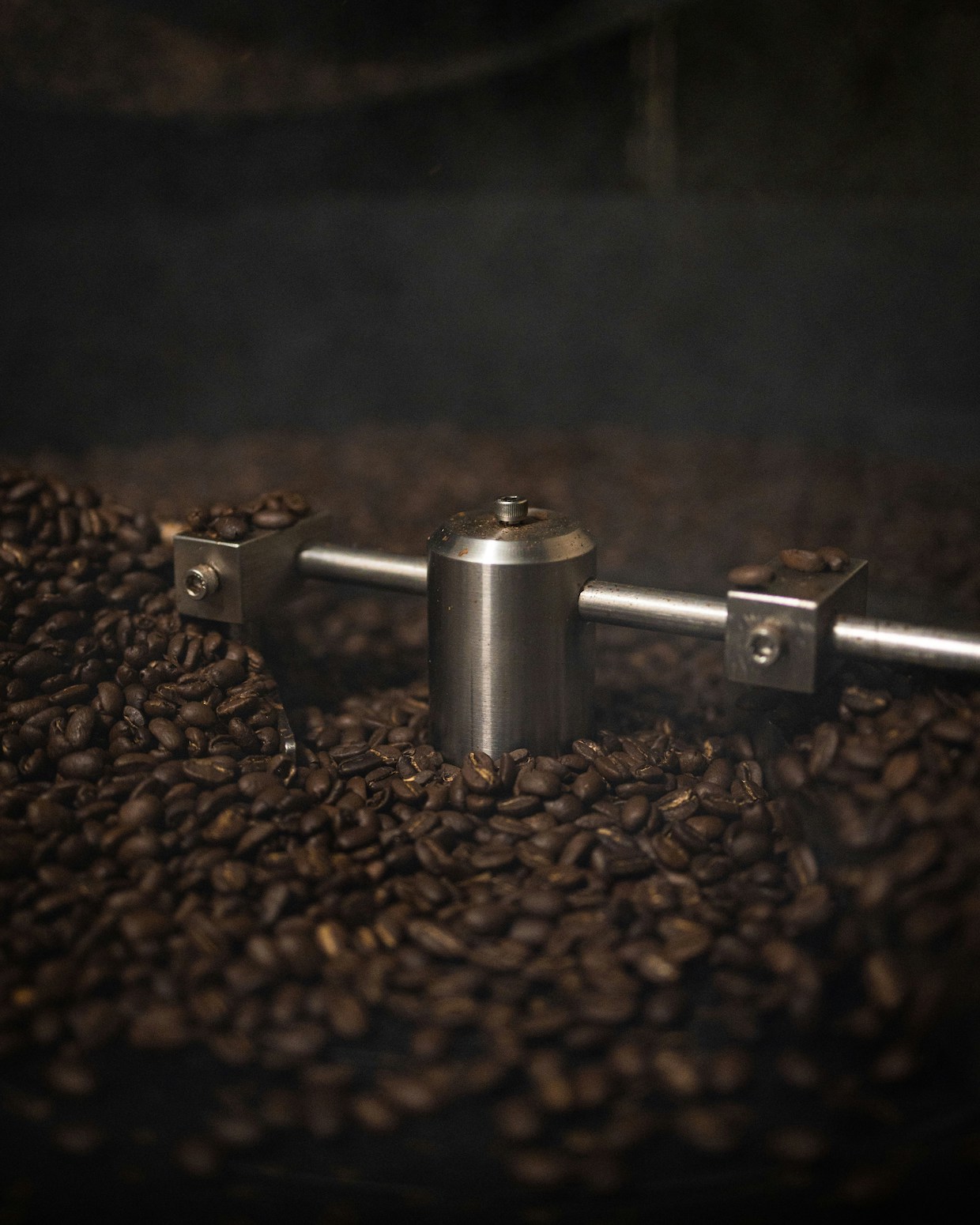The European Coffee Federation just published the “Shadow Product Environmental Footprint Category Rules” (Shadow PEFCR), a technical document designed to help coffee companies prepare for emerging anti-greenwashing laws.
The ECF, which represents some of Europe’s largest coffee roasting and trading companies, said the document provides a “common and unified approach” to calculating the environmental footprint of coffee products.
The ECF’s description of it as a “shadow” document signals that it follows the European Commission’s Product Environmental Footprint (PEF) requirements but has not yet gone through the EU process to become formal rules.
As such, it does not carry any legally binding requirements regarding transparency or independent verification.
It does appear to be a near-direct response to new EU anti-greenwashing regulatory developments, including the Empowering Consumers for the Green Transition Directive, which is already entered into force, and the Green Claims Directive, which is currently under revision but expected to become law.
Both directives are designed to protect consumers from vague or unsubstantiated claims about the environmental impacts of the products they buy.
“Across the coffee sector, companies rely on a variety of tools to measure the environmental footprint of their products,” the ECF said in an announcement of the publication. “While some of these approaches are well established, the lack of common guidelines makes it difficult to compare results and undermines transparency. This guidance document seeks to provide that common and unified approach.”
In plain terms, the document tells coffee companies which coffee-specific life-cycle assessment (LCA) decisions to make so that two brands measuring the “same” product might end up with comparable results. The entire 63-page document can be found here.
ECF describes the guide as covering coffee’s journey from cultivation through processing, packaging, distribution, brewing and end-of-life, with added coffee-specific details like processing methods and brew practices.
The document was developed through a collaboration between an ECF working group, the corporate sustainability consultancy firm Mérieux NutriSciences, using the Blonk “agri-footprint” data platform.
Comments? Questions? News to share? Contact DCN’s editors here. For all the latest coffee industry news, subscribe to the DCN newsletter.
Related Posts
Nick Brown
Nick Brown is the editor of Daily Coffee News by Roast Magazine.








Comment